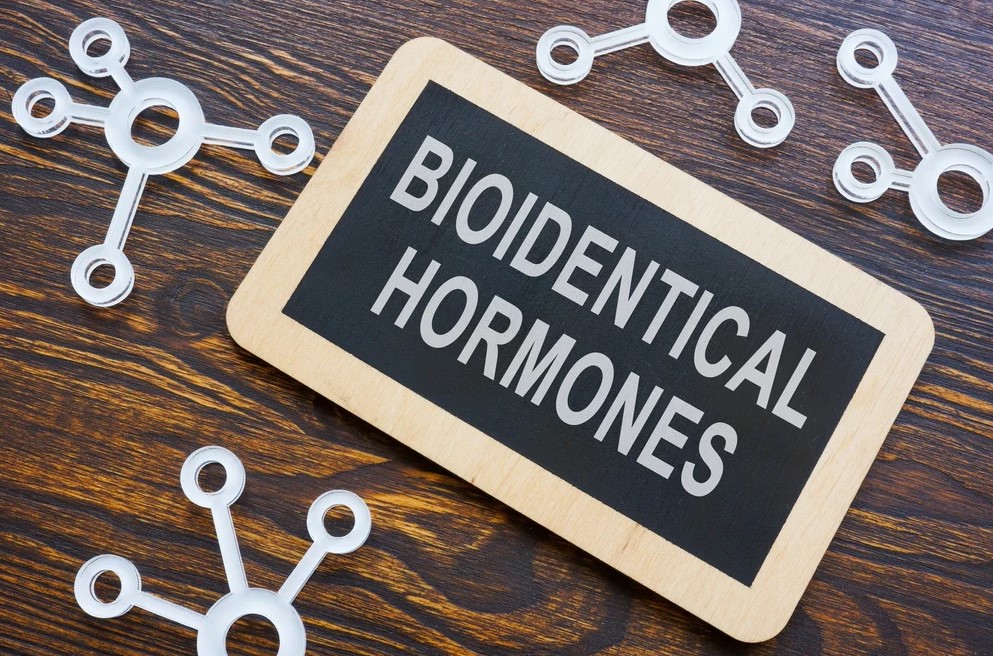Everything you Need to Know About Bioidentical Hormone Therapy

Biological hormone replacement therapy, also widely known as bioidentical hormone therapy, involves the use of hormones that are chemically the same as natural human hormones. Mostly prescribed for menopause and other hormonal disorders, BHT reduces symptoms including hot flushes, sweating during the night, mood swings, and tiredness.
While BHT is not the same type of HRT, it is made from plant sources such as soy and yam and can be tailored to a woman’s specific hormonal requirements. Advocates say it is safer and less invasive to focus on mimicking the natural production of hormones in a woman’s body. However, to date, BHT is still discussed controversially in the medical field concerning its effectiveness and safety. It is, therefore, important to discuss and establish the functions, dangers, and legal permissible use of BHT.
Below we discuss everything you need to know about Bioidentical Hormone Therapy.
What is Bioidentical Hormone Therapy?
Bioidentical hormone treatment, or BHT, entails the application of hormones that produced by the body naturally. These hormones are produced from plants in a form that mimics the body’s hormones.
Examples of bioidentical hormones are estrogen, progesterone, and testosterone. BHT is used to address symptoms occurring due to hormonal fluctuations or low levels, commonly for the signs of menopause: hot flashes, night sweats, changes in mood, and libido reduction.
Advantages of Bioidentical Hormone Treatment
The first advantage of BHT is that it controls menopausal and andropausal symptoms with hormones that are closer to natural hormones than synthetic ones. Supporters have said that due to the resemblance of these natural hormones to those found in the human body, they are more acceptable to the body and are likely to cause some side effects.
Also, we can understand that BHT can increase the quality of life through these parameters, such as insomnia, fatigue, weight, and so on, increasing well-being and contributing to the absence of osteoporosis and heart disease, due to the stabilization of hormone levels.
Administration and Customization
Bioidentical hormones are given through a topical or oral route in the form of creams, gels, patches, pills, or injections. An important component of BHT is the individualization of the hormonal preparations. Doctors and various caregivers can adjust the dosage and types of hormones according to one’s hormonal panels, which can be analyzed through saliva, blood, or urine samples.
Remember, the use of patient-specific management is intended to maximize the hormone coefficients and efficacy, which makes it the preferred method for patients who shun the mass production of hormones typical of conventional HRT.
Risks and Controversies
BHT is not without risks and controversies, like any other procedure.
Possible side effects are the formation of blood clots, migraine, stroke, gallbladder surgery, and breast cancer, as in the case of standard HRT.
Conclusion
Bioidentical hormone therapy can be considered an effective rescheduling of standard hormone replacement therapy with the advantages of successful symptomatic treatment and an individual approach. However, any attempts at performing a BHT should be mitigated with precautions, given the novelties’ dangers and the absence of pertinent studies.
It is important for patients who are candidates for BHT to do so under the supervision of a competent health care team to make sound decisions as far as their hormonal balance is concerned.
